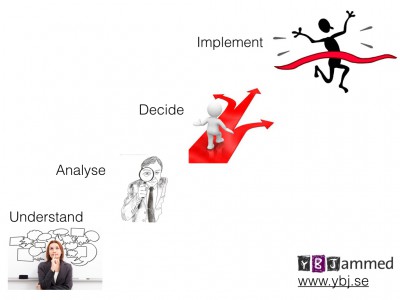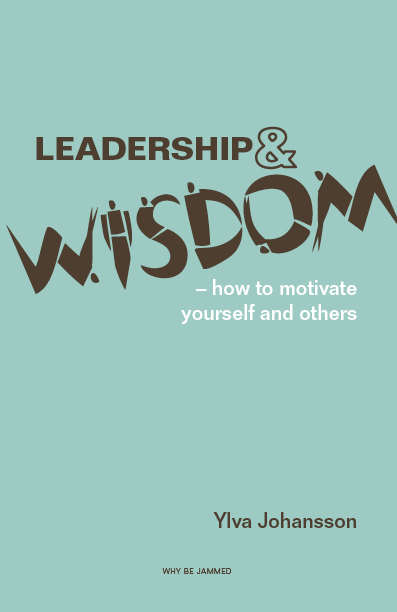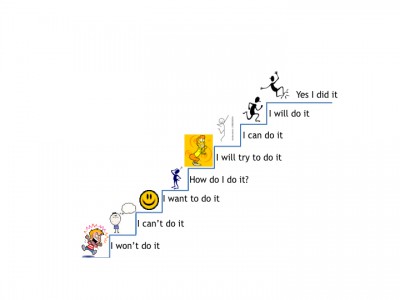It’s often from your hobbies you learn the things that are most useful at work or in challenging situations. Why? When you do things you love your mind is open. You are more willing to learn. So listen and learn from having fun! Me and my family love to travel. A convenient well planned trip is not for us. We look forward to see places that not too many people visit and learn from the challenges we run into. Here are some of the things I learnt during the latest trip to Thailand and Cambodia.
Most things have more upsides than downsides
For the majority of our holiday we had barely decided which country to spend time in so we let people we met, or circumstances, have impact on our decisions. When a German couple we met on a bus from Phnom Penh asked us to accompany them to Otres Beach we ended up sharing home with too many grasshoppers but we also met Mickey on the beach. He sold us a boat trip to paradise in form of Koh Ta Kiev. There we found the biggest spider we have ever been close to, except in an aquarium, in our bathroom. If we can call a toilet without running water a bathroom. Definitely more upsides than downsides! Paradise is not easy to find and Koh Ta Kiev is definitely one! Unfortunately there will be a Chinese complex on the island in 2-3 years so hurry up if you want to visit paradise outside your comfort zone.
You can get used to almost anything
The first days we found grasshoppers disturbing and at the end of our trip we lived happily with big lizards and not even dangerous centipedes scared us off. It does not take long to get used to new circumstances if you want to. My 15-year old daughter admitted that she was a bit scared even of small insects at the beginning of our trip but they did not bother her at all at the end. She was so brave! She shared bathroom with 3 big lizards without a blink except for the “almost hart attack” she got the first time she opened the door.
You learn from everything
The loose plan we had was to visit Koh Kong but too many advised against it so we went to Koh Rong Samloem instead. There we learnt that it does not matter how nice the surrounding is people can still be negative and rude. We loved the island but the lack of service, visitors finding a problem to every solution and everything being so “difficult” made the stay on the beautiful island less memorable.
You can find a meaning with most things and you find it quicker if you look for it
Every time we ran into problems, and there were quite a few which is normal when you travel the way we do, we directly talked about the upside of the problem. When boats and buses took of before schedule we found it to be good that we had chosen to have margins those times and that we learnt the lesson so we would not miss more important connections. We learnt how important it is to keep calm since there is absolutely no use being stressed or upset. The best thing you can do is to sit back and hope you will catch the boat in time. The driver is doing his best and you will only risk your life by shouting at him.
Learn by having fun you too!






















